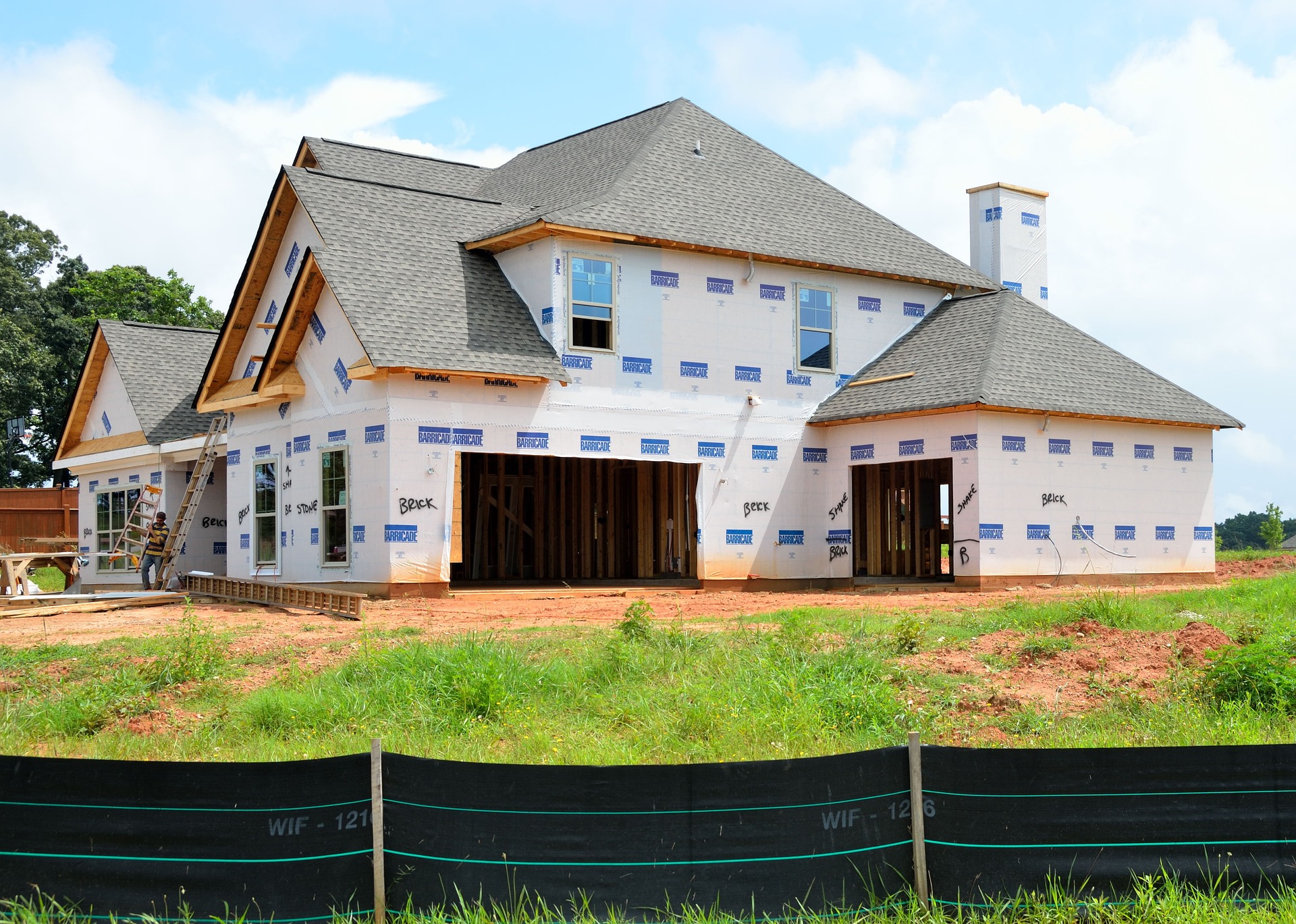Adaptive Housing Market: A New Era in Real Estate
The real estate landscape is experiencing a dynamic shift as adaptive housing becomes increasingly relevant in today's market. With growing urban populations and varying lifestyle needs, the demand for versatile living spaces is surging. Adaptive housing, with its flexible and multifunctional designs, offers a solution to modern challenges in urban living. This evolution in housing trends is reshaping how buyers and investors approach real estate opportunities.

Historical Context and Key Developments
Adaptive housing is not a new concept, but its roots can be traced back to early 20th-century architecture, where multifunctional spaces were incorporated into urban housing designs. The idea gained traction in the post-war era when space optimization became crucial in densely populated cities. In recent decades, the concept has evolved, driven by the rising need for sustainable and efficient living spaces. Key developments include advancements in modular construction and smart home technology, which have further propelled the adaptability of housing.
Current Market Trends and Financial Insights
In today’s market, adaptive housing is gaining momentum due to its ability to meet diverse living requirements. The rise of remote work, increasing urban density, and changing family dynamics have all contributed to this trend. Financially, adaptive housing can offer significant returns on investment. Properties with adaptable features often command higher rental yields and resale values due to their appeal to a broader audience. Investors are increasingly recognizing the long-term benefits of incorporating flexibility in residential properties.
Advantages and Challenges of Adaptive Housing
One of the primary advantages of adaptive housing is its flexibility. These properties can easily transform to accommodate different needs, such as converting a living room into a home office or an extra bedroom. This adaptability not only enhances the functionality of the space but also increases its value. However, challenges remain, including the higher upfront costs associated with designing and constructing such versatile spaces. Additionally, there are regulatory hurdles in some regions where zoning laws may restrict certain modifications.
Impact on Buyers, Sellers, and Investors
For buyers, adaptive housing offers the potential for a customizable living environment that can evolve with their lifestyle changes. Sellers can leverage the adaptability of such homes as a unique selling point, often commanding premium prices. Investors, on the other hand, benefit from a diversified portfolio with properties that appeal to a wide range of tenants. The ability to cater to different demographics—such as young professionals, families, and retirees—makes adaptive housing a valuable asset in any investment strategy.
The Future of Adaptive Housing
As cities continue to grow and the demand for efficient living spaces increases, adaptive housing is poised to play a significant role in the future of real estate. Innovations in construction techniques and smart home technologies are expected to enhance the adaptability and sustainability of housing designs further. The trend towards more flexible living spaces is likely to influence urban planning and development strategies, encouraging a more holistic approach to residential construction.
In conclusion, adaptive housing represents a pivotal shift in the real estate market, offering solutions to contemporary challenges in urban living. With its potential for high returns and broad appeal, it provides a compelling opportunity for buyers, sellers, and investors alike. As this trend continues to gain momentum, staying informed and adaptable will be key to capitalizing on the evolving landscape of the property market.




